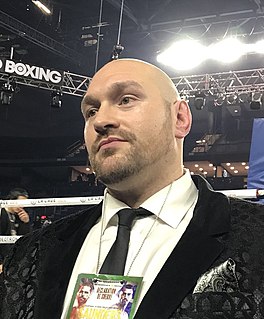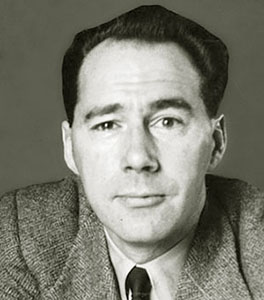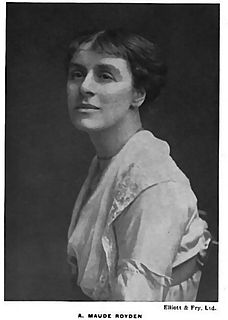A Quote by John Cassavetes
There's a difference between ad-libbing and improvising. And there's a difference between not knowing what to do and just saying something. Or making choices as an actor. As a writer also, as a person who's making a film, as a cameraman, everything is a choice. And it seems to me I don't really have to direct anyone or write down that somebody's getting drunk; all I have to do is say that there's a bottle there and put a bottle there and then they're going to get drunk.
Quote Topics
Actor
Ad
Also
Anyone
Between
Bottle
Cameraman
Choice
Choices
Difference
Direct
Down
Drunk
Everything
Film
Get
Getting
Getting Drunk
Going
Improvising
Just
Just Sayin
Just Saying
Knowing
Knowing What To Do
Making
Making Choices
Me
Not Knowing
Person
Put
Really
Say
Saying
Seems
Somebody
Something
Then
Write
Writer
Related Quotes
Let's say I was like, "I'm going to write a book this year," which I'm not. Let's just say that was it. Then it would be for the joy of writing it. It wouldn't be like, "And it's going to be No. 1 and I'm going to get rich and go on a book tour and own a library." I don't know the difference between doing what I normally do and making a resolution. And if it doesn't happen, then I'm going to be miserable.
Mothers know the difference between a broth and a consommé. And the difference between damask and chintz. And the difference between vinyl and Naugahyde. And the difference between a house and a home. And the difference between a romantic and a stalker. And the difference between a rock and a hard place.
I remember in one of my early films I had a drunk scene. It was Kiss Me Goodbye, with Sally Field, and I was playing this kind of nerdy guy who gets drunk and dances. And so I thought, "Oh well, I'll just get drunk and do the dance." And it was wonderful, but then I had the rest of the day, and the next day. So I learned that you don't really have to do the things that your character is doing. But us actors, we use something called sense memory. I've certainly been drunk before, and part of my job is to recall that without getting drunk.
As a director you have to be at 30,000 ft objectively looking at everything, wondering if you're making the right objective, emotional, story, character choices. As the writer, while you're asking all of those same questions, you're also forced by the nature of what writing is to be looking at everything under a microscope. That's the difference between the two jobs.
If you're going to be a writer you should sit down and write in the morning, and keep it up all day, every day. Charles Bukowski, no matter how drunk he got the night before or no matter how hungover he was, the next morning he was at his typewriter. Every morning. Holidays, too. He'd have a bottle of whiskey with him to wake up with, and that's what he believed. That's the way you became a writer: by writing. When you weren't writing, you weren't a writer.
There is a choice before us as people who live in a great world, so knit together that even America cannot stand quite outside it, or act as though it were situated somewhere on the moon! That choice is a choice - let me put it quite brutally - between heaven and hell. ... But it is not a choice between a heaven or a hell beyond the grave; it is a choice between making heaven or making hell on this side of the grave, and in this world, here and now.



































